|
Welcome back Trey! It’s so great to have you back to talk about writing and your new book! As always, a few quick-fire questions: What is your favourite sequel of all time? What is the worst sequel of all time? And which stand-alone book or movie do you think deserves a sequel? Hi Joshua, and thanks for having me back! Whoa, great question, let’s see. This year I read both The Shining, and the sequel that I didn’t even know existed until the movie came out last year, Doctor Sleep. I’ve got to say, and maybe this is because The Shining has been too hyped up in my mind, but Doctor Sleep was better. A fantastic sequel, and a great book. "I’ve got to say, and maybe this is because The Shining has been too hyped up in my mind, but Doctor Sleep was better. A fantastic sequel, and a great book." Worst sequel is difficult though. There’s so many bad ones! Maybe Spiderman 3? I really loved the first movie with Tobey Maguire, and I didn’t mind the second one either. But by the third, I get what people were saying. It’s too weird. I think the Warcraft movie that came a few years ago deserves a sequel. I’m a big fan of the franchise, having played all the games since Warcraft I in the ‘90s, and I’ve read nearly all the books now. When the movie came, a lot of people were very excited, but I don’t think a single person in the world liked it. They just bit off more than they could chew, so I’d love to see them carry on with that and try to make something better. "I think the Warcraft movie that came a few years ago deserves a sequel. I’m a big fan of the franchise, having played all the games since Warcraft I in the ‘90s..." So since we met a few years back I learned a few things about you. One was that you grew up and worked in the same small city (Haugesund, Norway) that my family emigrated from. Tell us one thing most people don’t know about what it’s like to grow up in Norway! Sorry, I’ve got to correct you there, I didn’t grow up in Haugesund, but I have worked there on and off. It’s a beautiful little harbor town, if a little bit past its prime these days. If I was to try and describe it simply, I’d say growing up in Norway is simple. Simple and quiet. There’s not that many people, and we have a lot of space. I moved to the UK in my teens and remember being surprised by how huge the world really is, when you have millions of peoples, culture and society mixed in one place. It was an eye-opener, and I’d recommend it to anyone to move away from their tiny rural homestead for a while. "If I was to try and describe it simply, I’d say growing up in Norway is simple. Simple and quiet. There’s not that many people, and we have a lot of space."
The second book was definitely harder to write, no doubt. I like to think that’s because I tried harder, pushed myself harder and set a higher standard for myself. With the first book, I just sat down to write without giving it too much though, but with the second (and the third which will follow it) things have to make sense. That being said, I had the ideas for both book two and three straight after I wrote the first. They're in a series, though kind of separated from each other, but there’s an overarching story there that I had clearly in my mind as soon as book one was done. I think I wrote book two faster than one, and book three faster than both. You get to know your characters after a while, so it gets easier while still being difficult. "The second book was definitely harder to write, no doubt. I like to think that’s because I tried harder, pushed myself harder and set a higher standard for myself." You recently stated that, “My stories are always character-driven, because that’s where the conflict is, that’s where you can truly find excitement.” What are the ingredients of story-driving conflict and how can authors who can’t seem to get ‘the spark’ going fix it? The recipe for conflict in any story is simple:
"The recipe for conflict in any story is simple: (i) you need a goal, (ii) something that motivates that goal, and (iii) something that stops that goal being reached." The adventures of Agent Greer are high adrenaline narratives. However, just as in movies, it can’t all be explosions and car chases or else there is no narrative. (Ok, ok, yeah, Mad Max, I know…) So how do you keep up the suspense and tension without wearing out the reader? Peaks and valleys. I build up toward the excitement, pull back a little bit, and then turn it up again. I like to think about it like a horror movie: the idea that something might jump out at you is often scarier than the monster itself. I want to keep you at the edge of your seat, then give you some time to relax before we’re back to that edge. You write both horror novellas and novels which fall in the psychological thriller genre. How do you differentiate between horror and thriller? Second, what do you think readers (or writers) get wrong about the difference between the two? If everything goes according to plan, the next book I publish is a horror novella. In my eyes, thrillers are gripping and exciting, pulling you in and making you want to hurry on to the next page. Horror is terrifying and should almost have the opposite effect; you’re not quite sure you want to carry on reading, but you just can’t help yourself. Horror is more subjective however, and difficult to pin down which is probably one of the reasons the differences between the two become mixed. A lot of what Stephen King writes isn’t horror to me at all, yet he’s been the King (pun intended) for 50 years. "...thrillers are gripping and exciting, pulling you in and making you want to hurry on to the next page. Horror is terrifying and should almost have the opposite effect; you’re not quite sure you want to carry on reading, but you just can’t help yourself." Now that your sequel is finished, do you have another project on the go? Any plans for book three? Tempt us with some tantalizing hints if you’re willing to. I have this bad habit of drafting books much faster than I revise and edit them, so I usually always jump on a new thing while my books are with my editor or beta readers. Book 3, the final book in the series is written and being edited, and will hopefully be released faster than Book 2 was. I have a cast of three main characters, with Jordan Greer at the top, and each of my books has one of them in the center of the main conflict. In Book 3, it’s Greer who’s in trouble and that’s all I’ll say. Where can readers get a hold of your new book, A State of Despair? The ebook can already be pre-ordered on Amazon and the paperback will go live on December 1. Links to those can be found all over my social media and website of course, and for readers who just can’t wait, I’m still handing out a few advanced review copies over at TreyStone.com. Get one before they’re gone!
1 Comment
I just read the book and it was amazing. If I were to judge, I'd say you're absolutely right about it being harder because you tried harder with this one. I'm always wary jumping into sequels since so many sequels have disappointed me, but this one was even better than the first IMO and both were great. It's interesting learning a bit more about the person behind the story. Norway sounds wonderful (or at least the parts of it described herein). Thanks for the take on thriller vs horror. I often find myself unsure whether a story is one or the other lol but this explanation made a lot of sense. Great interview ^^
Reply
Leave a Reply. |
AuthorJoshua Gillingham is an author, editor, and game designer from Vancouver Island, Canada. Archives
April 2022
Categories
All
|

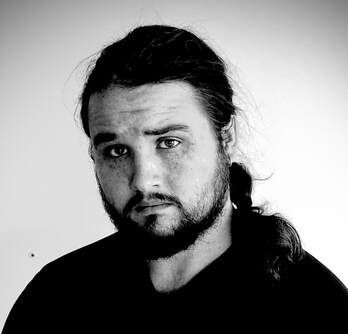
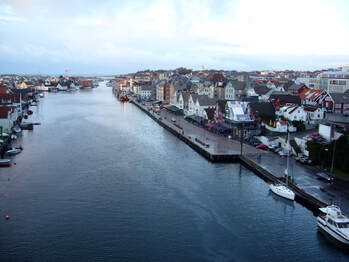
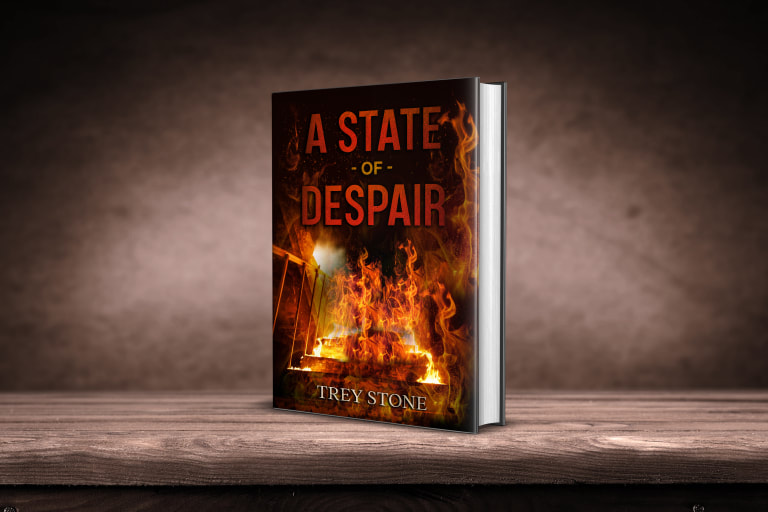
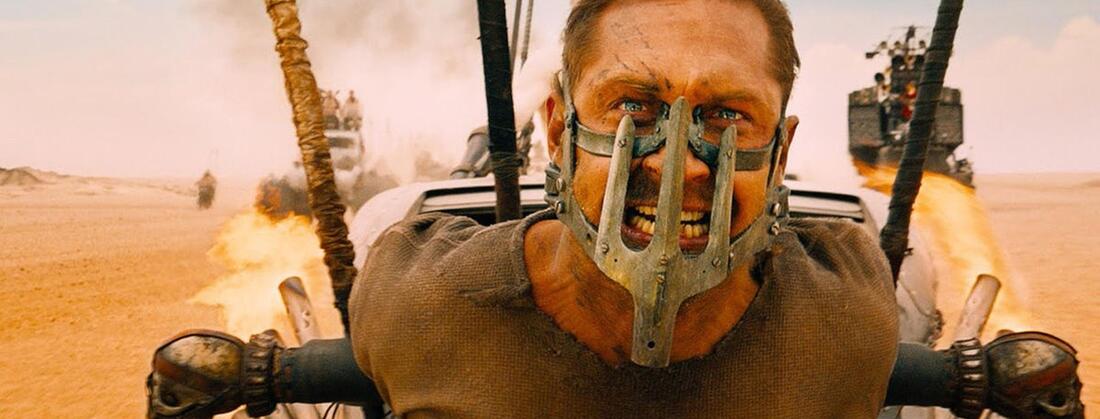
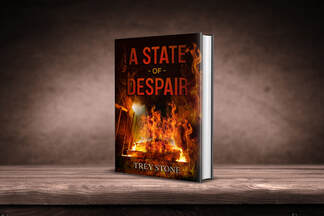
 RSS Feed
RSS Feed
